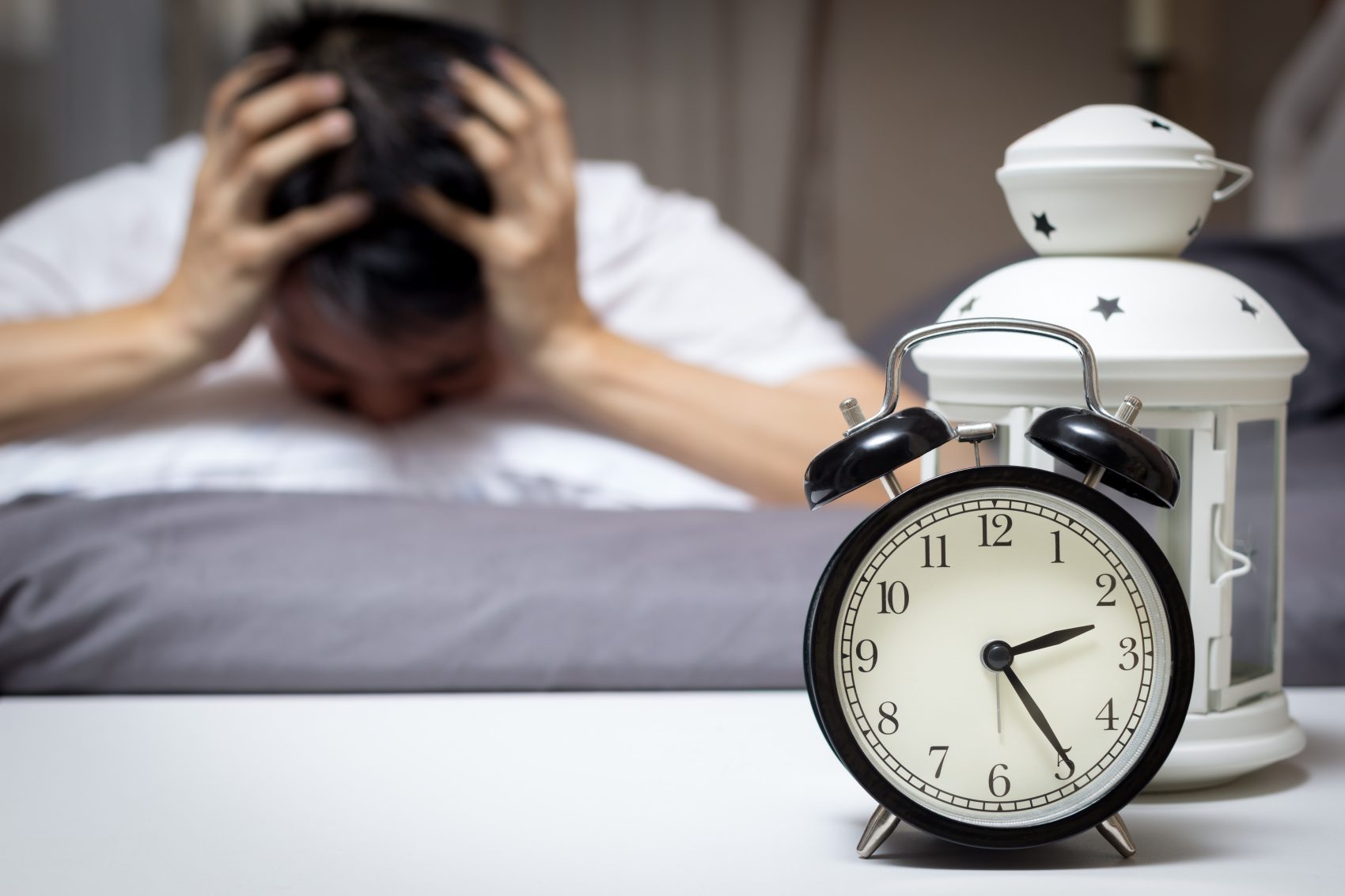
Insomnia vs. Sleep Apnea: Understanding the Differences
Sleep disorders can cause discomfort, irritability, and short-term health complications, as well as put the sufferer at risk of a number of long-term health consequences, including early death in severe cases. Fortunately, treatment options exist for most sleep disorders.
Two of the most common sleep disorders are insomnia and sleep apnea. Here’s an overview of what you should know about each, and how working with a doctor or sleep medicine dentist can help.
What Is Insomnia?
Insomnia is defined as having persistent problems with falling asleep or staying asleep. Those who suffer from insomnia often recount being unable to sleep for more than a few hours—sometimes even less than that—for multiple days, weeks, or months on end. Insomnia can be related to various things, including stress, environmental factors, health conditions, and lifestyle habits.
Understanding Sleep Apnea
Sleep apnea is very different from insomnia. When a person has sleep apnea, they stop and start breathing throughout the night at various intervals. In most adults, the most common cause of sleep apnea is excess weight and obesity. Other causes of sleep apnea include a large neck circumference, hypothyroidism, allergies, deviated septum, smoking, alcohol use, and medical conditions that lead to congestion of the upper airways.
Are Sleep Apnea and Insomnia Related?
While sleep apnea and insomnia are two distinct sleep disorders, they can be related. In fact, the two disorders often co-occur. The rate of co-occurrence varies between six and 84 percent. Sleep apnea may lead to insomnia, as the brain may unconsciously avoid sleep to avoid experiencing apneas—the cessation of breathing.
Why Seeking Treatment Is Important
Both sleep apnea and insomnia—and certainly when in combination, can lead to short- and long-term health complications that are unpleasant and dangerous. In addition to disrupting you, your sleep apnea or/and insomnia could also disrupt a partner’s sleep as well, resulting in relationship problems. It is always a good idea to seek treatment for obstructive sleep apnea and insomnia as soon as possible. The sooner that you’re able to get restful sleep, the better you’ll feel.
Call Distinctive Dental Solutions Today
At Distinctive Dental Solutions, our sleep medicine dentist offers treatment for obstructive sleep apnea. If you have been diagnosed with obstructive sleep apnea or suspect that you may have it, call our dental office today. We are accepting new patients, accept most dental insurance plans, and have financing options available. Reach out to us now to get the medical help you need.



